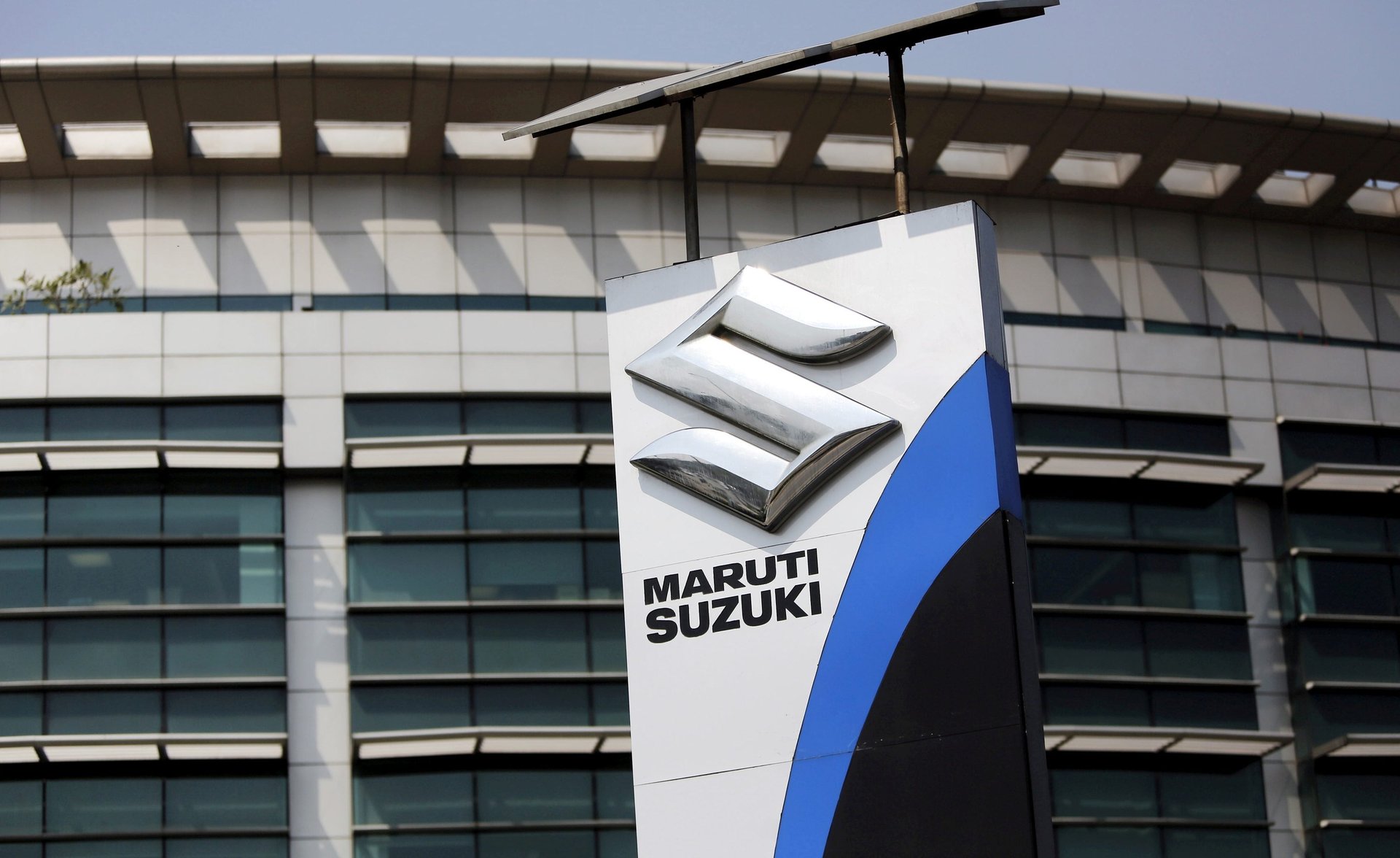Rising costs are putting the brakes on the Indian car industry’s recovery
The Indian automobile industry is yet to fully recover from the pandemic-induced slump, and now a new battlefront has opened up: spiking inputs costs.


The Indian automobile industry is yet to fully recover from the pandemic-induced slump, and now a new battlefront has opened up: spiking inputs costs.
Increasing costs of stuff like aluminium and rhodium have led to more expensive semiconductors, catalytic converters, and other car parts. Overall, raw material prices have been rising since the beginning of the pandemic in 2020, leading to a cost increase of around 75% for original equipment manufacturers (OEMs).
The situation has now worsened in recent months.
“There has been an unprecedented hardening in raw material prices over the past one year or so, and carmakers [as is the case with other automotive segments] have been left with no choice but to pass on the price increase to the consumers, with a view of protecting their margins,” said Rohan Kanwar Gupta, vice-president and sector head of corporate ratings at credit rating firm ICRA.
The country’s largest carmaker, Maruti Suzuki, for instance, will introduce its new price tags by this month-end. “Over the past year, the cost of the company’s vehicles continue to be adversely impacted due to increase in various input costs,” Maruti Suzuki informed BSE on April 6 (pdf).
The company has jacked up prices four times since January 2021. And this may only be the beginning, experts say, as more manufacturers follow suit. If only to merely survive.
Tata Motors, Audi, and BMW, too, announced similar hikes effective April 1.
“With rising input costs and changing forex rates, we are required to take a price hike of up to 3% across our model range,” Balbir Singh Dhillon, Audi’s India head, told Quartz.
BMW’s India unit, on its part, is surely looking to “adjust the material and logistics costs.” It did not respond to Quartz’s queries on a possible increase in prices in the coming months.
“There is no doubt that price hikes have a potential to impact/moderate the demand sentiments in any automotive segment, and the ongoing price hikes are no different,” said Gupta of ICRA.
It is also tough on consumers whose confidence is already shaky due to fuel prices, especially since the Russia-Ukraine war.
“Despite demand from passenger vehicle remaining strong, supply crunch due to various global phenomena such as Russia-Ukraine war and lockdown in China restricts customers from purchasing their favourite vehicle,” said Federation of Automobile Dealers Associations, a body of automobile retail industry in India.
Gupta, however, said companies can minimise the damage by restoring the depleted inventory. But that won’t be easy as dealers struggle with a supply crunch.